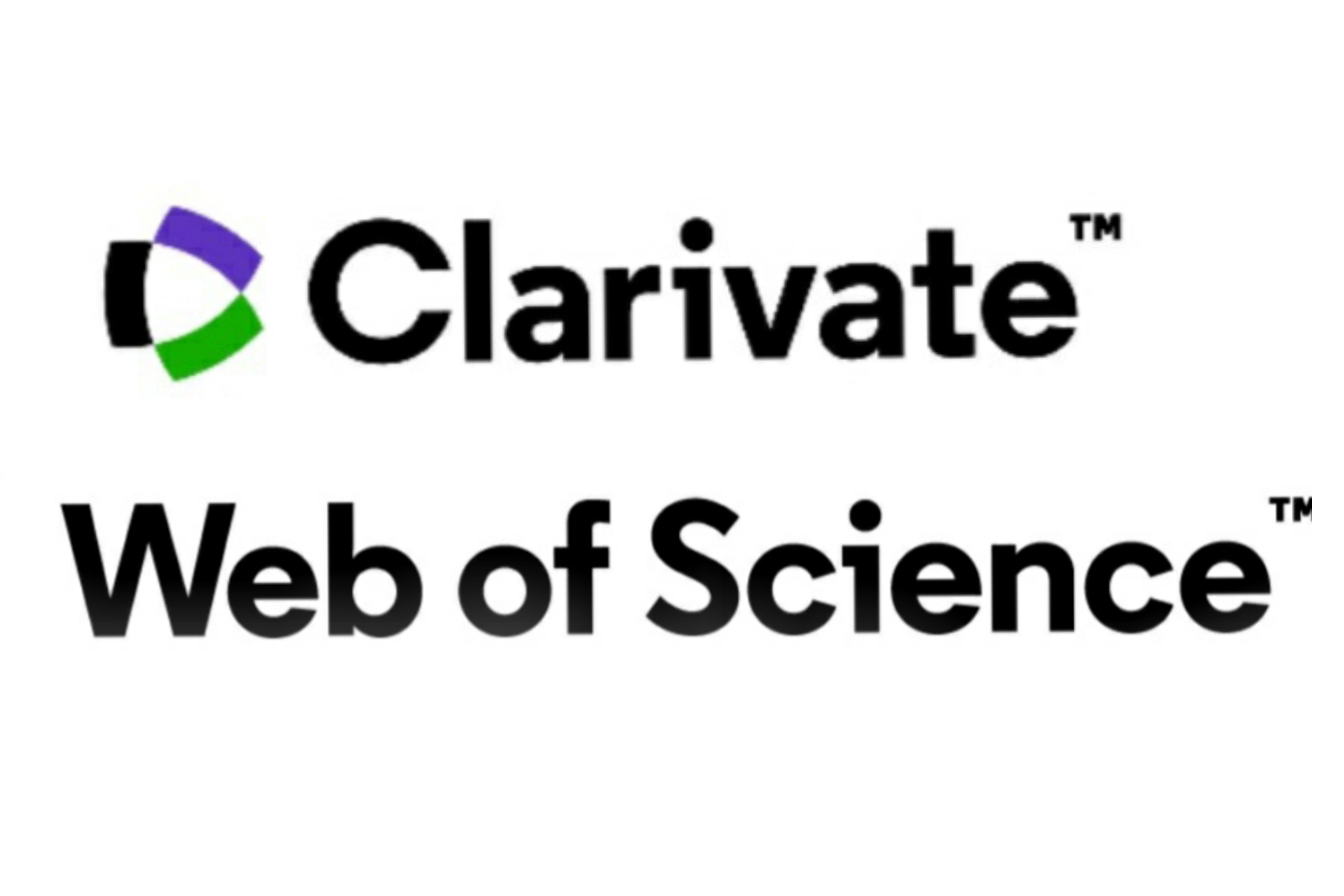A maximum principle for time-fractional diffusion equation with memory
DOI:
https://doi.org/10.26577/JMMCS2023v120i4a4Keywords:
time-fractional diffusion equation, fractional derivative, maximum principle, initial–boundary-value problemAbstract
One of the most beneficial techniques for studying partial differential equations of the parabolic and elliptic types is the use of the maximum and minimum principles. They enable the acquisition of specific solution attributes without the need for knowledge of the solutions’ explicit representations. Despite the fact that the maximum principle for fractional differential equations has been studied since the 1970s, a particular interest in this field of study has just lately arisen.
In the present study, a maximum principle for the one-dimensional time fractional diffusion equation with memory is formulated and established. The proof of the maximal principle is based on a maximum principle for the Caputo fractional derivative. The initial boundary value problem for the time-fractional diffusion equation with memory has at most one classical solution, and the maximum principle is then used to show that this solution is continuous depends on the initial and boundary conditions.
References
A. M. Nakhushev, "Inverse problems for degenerate equations and Volterra integral equations of the third kind Progr. Differ. Uravn. 10 (1974), 100–111 (in Russian).
M. S. Salakhitdinov, A. Khasanov, "The extremum principle for a generalized operator of integro-differentiation of fractional order Dokl. Akad. Nauk UzSSR. 11 (1988), 3–4 (in Russian).
V. A. Nakhusheva, "The extremum principle for a nonlocal parabolic equation and the mixed problem for the generalized wave equation Dokl. Adyg. (Cherkes.) Mezhdun. Akad. Nauk. 2 (1996), 26–28 (in Russian).
B. D. Kadirkulov, B. K. Turmetov, "On a generalization of the heat equation Uzbek. Mat. Zh. (2006), 40–45 (in Russian).
Y. Luchko, "Maximum principle for the generalized time-fractional diffusion equation Journal of Mathematical Analysis
and Applications. 351 (2009), 218–223.
Y. Luchko, "Some uniqueness and existence results for the initial boundary-value problems for the generalized time-
fractional diffusion equation Computers and Mathematics with Applications. 59 (2010), 1766–1772.
Y. Luchko, "Initial-boundary-value problems for the generalized multiterm time-fractional diffusion equation Journal of
Mathematical Analysis and Applications. 374 (2011), 538–548.
M. Al-Refai, "On the fractional derivatives at extreme points Electronic Journal of Qualitative Theory of Differential
Equations. 55 (2012), 1–5.
M. Al-Refai, Y. Luchko, "Maximum principle for the fractional diffusion equations with the Riemann-Liouville fractional
derivative and its applications Fractional Calculus and Applied Analysis. 17: 2 (2014), 483–498.
C. Y. Chan, H. T .Liu, "A maximum principle for fractional diffusion equations Quarterly of Applied Mathematics. 74: 3
(2016), 421–427.
Z. Liu, S. Zeng, Y. Bai, "Maximum principles for multi-term space-time variable-order fractional diffusion equations and
their applications Fractional Calculus and Applied Analysis. 19: 1 (2016), 188–211.
Y. Luchko, M. Yamamoto, "On the maximum principle for a time-fractional diffusion equation. Fractional Calculus and
Applied Analysis. 20: 5 (2017), 1131–1145.
H. Ye, F. Liu, V. Anh, I. Turner, "Maximum principle and numerical method for the multi-term time-space Riesz-Caputo fractional differential equations Applied Mathematics and Computation. 227 (2014), 531–540.
M. Kirane, B. T. Torebek, "Maximum principle for space and time-space fractional partial differential equations Z. Anal.
Anwend. 40 (2021), 277–301.
A. A. Kilbas, H. M. Srivastava, J. J. Trujillo, "Theory and applications of fractional differential equations North-Holland
Math. Stud. 204, Elsevier Science B.V., Amsterdam, (2006).
B. Jin, "Fractional differential equations—an approach via fractional derivatives Applied Mathematical Sciences. 206,
Springer, Cham, (2021).
V.V.Uchaikin, "Fractional Derivatives for Physicists and Engineers V. 1, Background and Theory. V. 2, Application, Springer, (2013).














